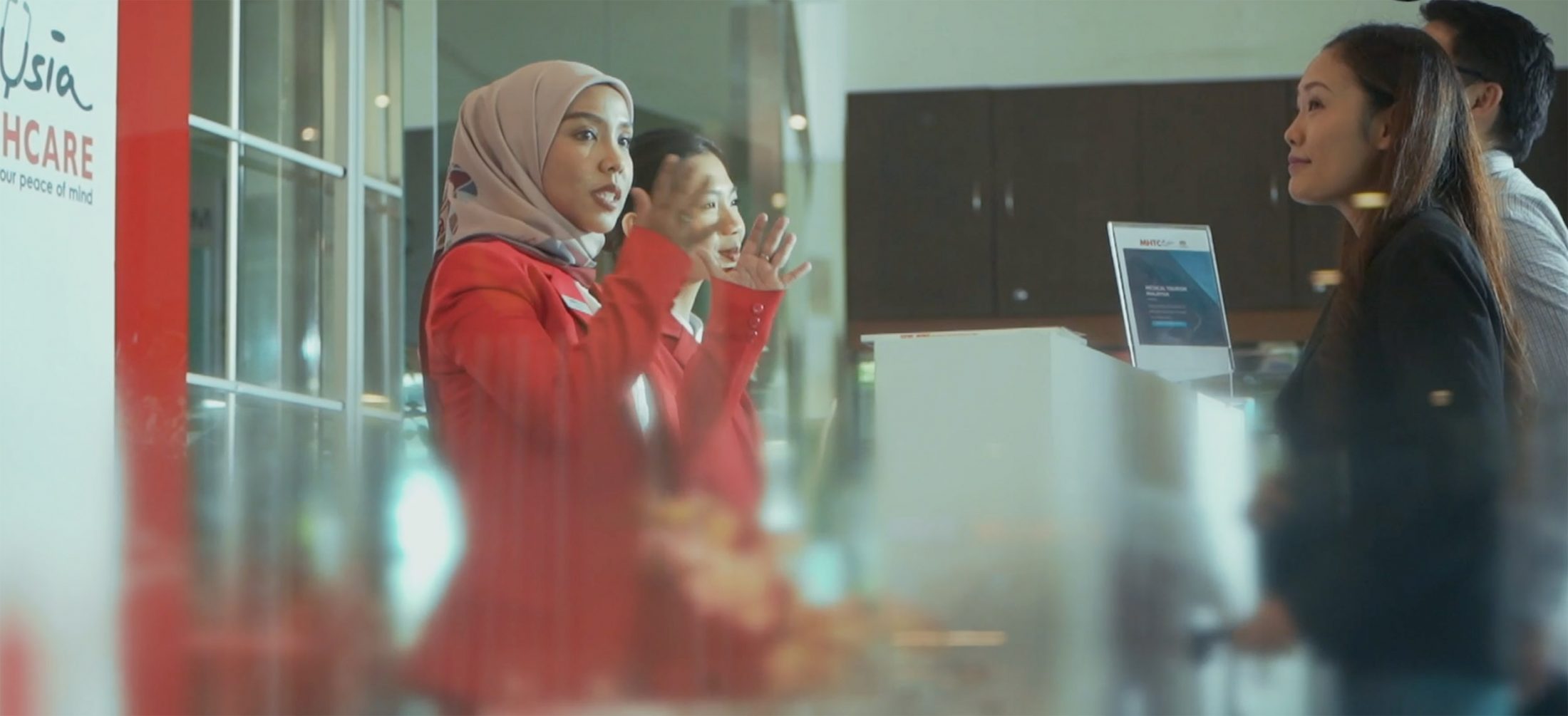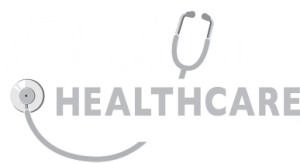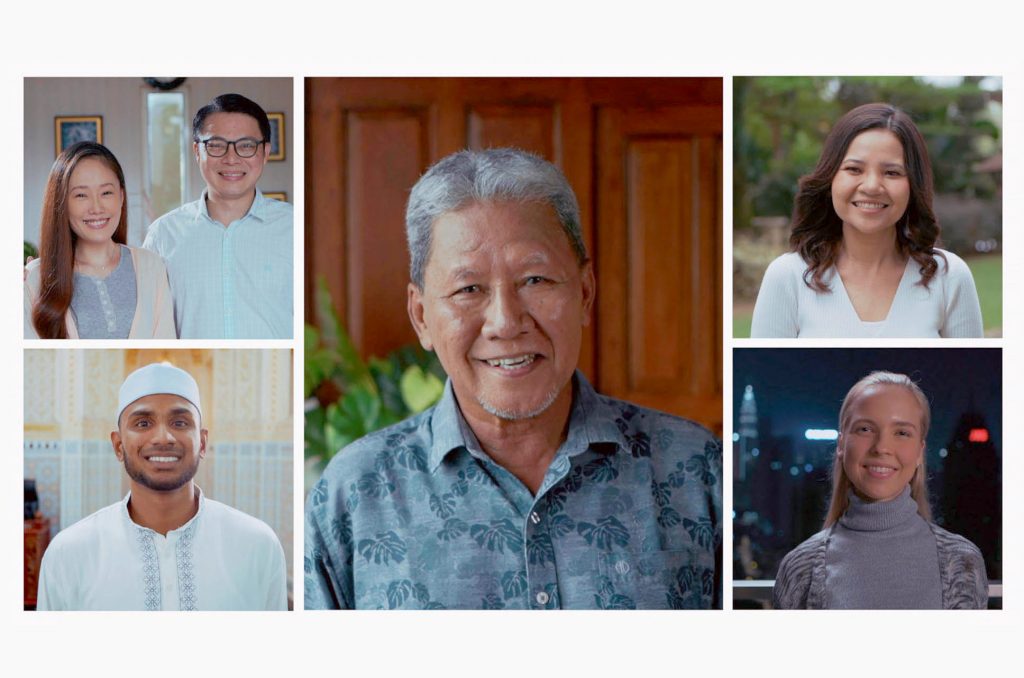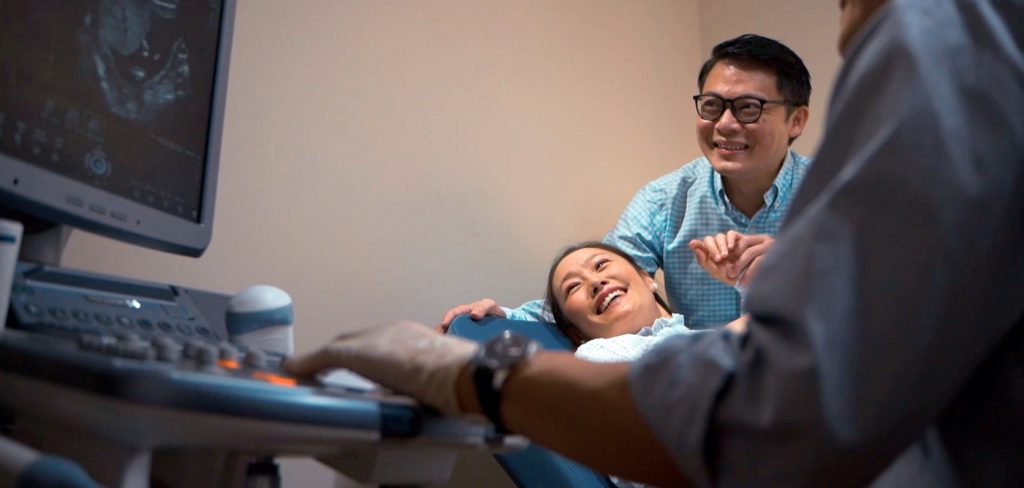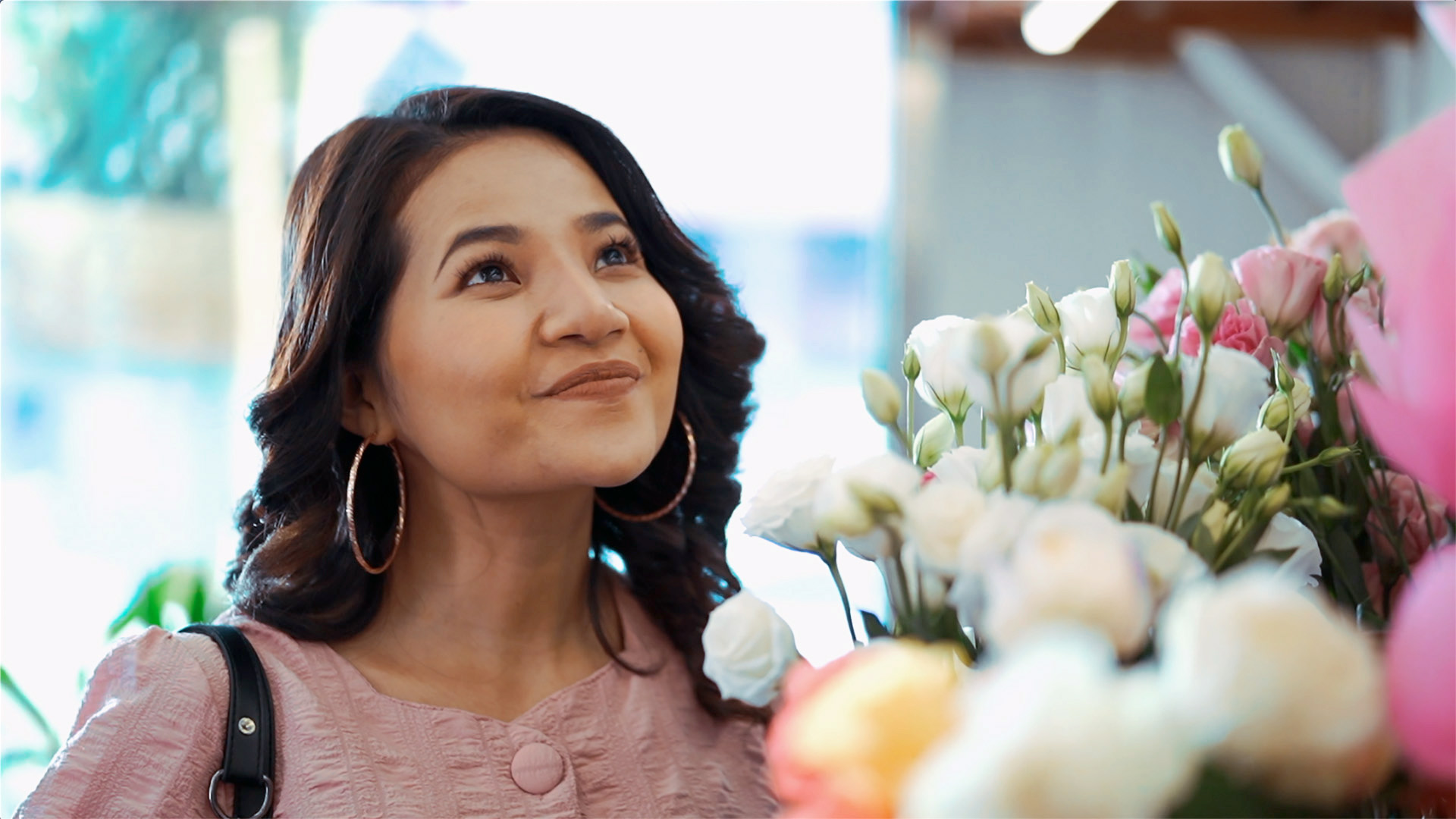
Hope Beyond Borders
The International Agency for Research on Cancer estimates that by 2040, the number of new cancer cases per year is expected to rise to 29.5 million. Many of these will occur in Asia Pacific, home to nearly two-thirds of the world’s population and accounts for half of all cancer cases globally.

Thanks to advances in diagnoses and treatment options, many patients eventually enter remission and return to a normal life. However, they would first need to undergo a series of daunting and often expensive treatments. Matters are further challenged with Covid-19 posing new hurdles as healthcare centers in some countries remain overwhelmed by the pandemic, forcing patients to delay screenings and treatment or to look overseas for solutions.
Continuity of Care
Malaysia’s healthcare system has remained accessible to domestic and foreign cancer patients during the pandemic, ensuring they receive continuity of care in line with implemented Standard Operating Procedures (SOPs). After defining strict protocols for patient travel and medical visa requirements, Malaysia was able to receive healthcare travellers since July 2020.

Prior to the pandemic, Malaysia had already established itself as an award-winning destination for healthcare travel. It was recognized, for the fourth time, at the International Medical Travel Journal Medical Travel Awards 2020 as the “Health and Medical Tourism: Destination of the Year” and “Health and Medical Tourism: Cluster of the Year”. Despite global travel restrictions, Malaysia continues to offer patients access to some of the safest and trusted specialists and treatment centers in Asia.
“Our agility, adaptability and creative thinking saw Malaysia become one of the first countries to implement a dedicated medical travel bubble in July 2020 governed by stringent SOPs,” shares Mohd Daud Mohd Arif, CEO, Malaysia Healthcare Travel Council (MHTC).
Equipped with medical talent and state-of-the art oncology services, Malaysia will continue to offer the best treatment possible to healthcare travellers.
Mohd Daud Mohd Arif, CEO, Malaysia Healthcare Travel Council (MHTC)
Cancer Care Center of Excellence
Since its first cancer treatment center opened its doors in 1981, Malaysia has grown in reputation to achieve international recognition for its quality of care. The Economist Intelligence Unit recently ranked Malaysia second in the care and delivery of cancer treatment in the Asia Pacific and the third-most prepared country overall. The opening of Malaysia’s National Cancer Institute in Putrajaya in September 2013 underscored the government’s commitment to improve its quality of treatment, prevention, and support for patients and their families.

It is one of our focus areas to build and reinforce Malaysia’s position as a Cancer Care Center of Excellence in the region. Cancer patients can find comfort and assurance in knowing that our oncology sector is one that is established, having provided cancer treatments since 1981.
Mohd Daud Mohd Arif, CEO, Malaysia Healthcare Travel Council (MHTC)
Among its many treatment options, Malaysia offers foreign patients access to 128 medical and clinical oncologists in both the public and private sectors and across 31 of the 73 hospitals in Malaysia Healthcare’s network of member hospitals. These hospitals are equipped to treat different types of cancers, including breast, lung, nasopharyngeal, colorectal, and lymphoma.
They also offer a full range of services, including cancer screenings and diagnosis, surgery, radiotherapy, chemotherapy, biological therapy, and hormone therapy, while complementary services like counseling, physiotherapy, and pain management are available at some centers. Last year, Malaysia took a step forward in oncofertility, working with past and current cancer patients to fulfil their dream of becoming parents.

“Over the decades, growing medical talent and technology advancements have given hospitals the opportunity of administering cancer care that is above the rest, through cutting-edge technology. Today, 31 private hospitals from Malaysia Healthcare’s network of member hospitals offer a comprehensive course of action to cancer patients,” continues Mohd Daud.
Destination Malaysia
Prospective patients can expect Malaysia’s well-known hospitality and service when visiting the country for medical treatments. Through Malaysia Healthcare, foreign patients can find the right oncologist and hospital, obtain the necessary documentation such as medical visas and polymerase chain reaction (PCR) tests required to travel into the country.

Malaysia Healthcare will also assist in making arrangements for patients’ 7-to-10-day isolation period1. Upon arrival, healthcare travelers are greeted by Malaysia Healthcare staff who will guide them on administrative procedures and onto their hospital of choice. The Meet and Greet Service (MGS) is part of the seamless, end-to-end service offered at the Malaysia Healthcare Concierge & Lounge (MCL) located at Kuala Lumpur International Airport (KLIA), Kuala Lumpur International Airport 2 (KLIA2), and Penang International Airport.
Even after taking into account travel costs, patients choosing to come to Malaysia are assured access to top-quality healthcare at costs that are at least 40% lower than in countries like the UK and the US. Initial consultations can commence even before they arrive with the help of telehealth services, and follow-ups can be conducted online after patients return to their home countries.
Battling cancer can be daunting but with Malaysia Healthcare, it doesn’t have to be. We believe healthcare is paramount and are working to ensure continuity of care for patients through our safe, trusted, and accessible quality healthcare treatments.
Mohd Daud Mohd Arif, CEO, Malaysia Healthcare Travel Council (MHTC)
These are some of the guidelines that healthcare travelers will need to adhere to which will be adjusted by the National Security Council and the Ministry of Health Malaysia, facilitated by MHTC, according to the current situation.
1PCR tests will need to be taken three times:
1. Three days before departing to Malaysia
2. Upon arrival in Malaysia
3. On Day 5 (for 7-day isolation) or Day 8 (for 10-day isolation) of stay in Malaysia
All healthcare travelers can be accompanied by one companion. Pediatric patients can be accompanied by up to two companions.
Read more
